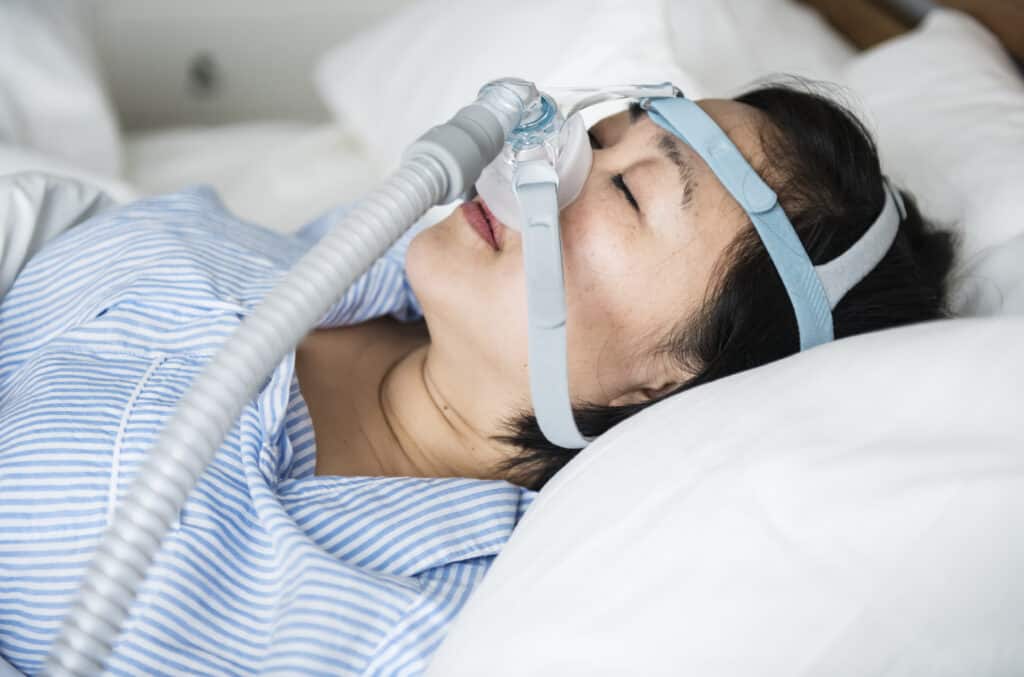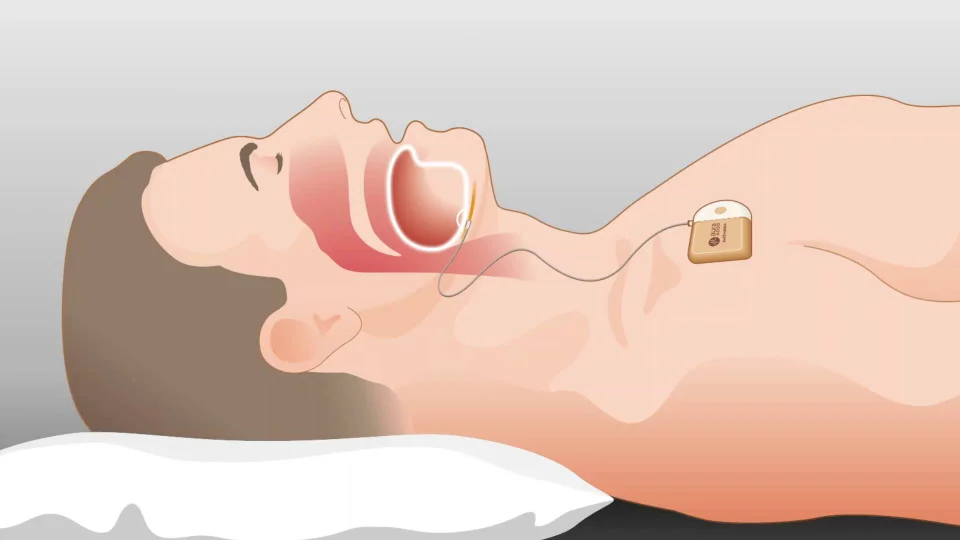In the realm of modern society, the importance of sleep is often overshadowed by the incessant demands of work and life. Yet, neglecting this fundamental biological process, like dismissing the ticking of a time bomb, could lead to significant health repercussions.
Characterized by insufficient or poor-quality rest, sleep deprivation manifests through symptoms like drowsiness, irritability, and concentration difficulties. Left unchecked, it can trigger a cascade of health issues, including mood disorders, weakened immunity, and increased susceptibility to diseases like diabetes and heart conditions.
Rooted in various causes such as stress, poor sleeping environment, and disrupted routines, managing sleep deprivation often calls for lifestyle and behavioral changes. However, in severe instances, seeking medical advice may be necessary.
The subsequent sections will delve into understanding sleep deprivation, its symptoms, potential causes, and possible solutions.
Key Takeaways
- Sleep deprivation can lead to a range of negative effects on both physical and mental health, including drowsiness, sluggishness, irritability, low energy, and impaired brain activity.
- Lack of sleep can increase the risk of accidents and long-term health problems such as diabetes, hypertension, heart disease, stroke, anxiety, and depression.
- Identifying the cause of sleep deprivation is crucial in addressing the problem, as factors such as stress, poor sleep environment, disruptions to normal routine, and underlying medical conditions can contribute to insufficient or low-quality sleep.
- Lifestyle and behavioral changes, such as avoiding screens before bed, managing stress, maintaining a regular sleep schedule, and creating a comfortable sleep environment, can help improve the quality of sleep without relying on medication.
Understanding Sleep Deprivation
Understanding sleep deprivation is crucial as it is a prevalent health issue that negatively impacts various aspects of an individual’s well-being, including mood, energy, performance, and even the ability to handle stress, thereby increasing the risk of serious health problems such as diabetes, depression, and cardiovascular diseases.
The consequences of chronic sleep deprivation extend beyond mere fatigue and drowsiness. Deficits in cognitive function, mood disorders, and an overall decline in the quality of life are potential outcomes.
The role of sleep deprivation in mental health is particularly noteworthy, with sleep disturbances often preceding the onset of symptoms in disorders like depression and anxiety. Hence, it is essential to prioritize adequate and quality sleep to maintain optimal health and prevent the onset of various physical and mental health problems.
Symptoms and Signs of Sleep Deprivation
Manifestations of insufficient rest can paint a grim picture, with signs such as fatigue, irritability, and difficulty focusing acting as dark brushstrokes on a canvas of overall wellness. The effects of chronic sleep deprivation can extend far beyond physical symptoms, encroaching on mental health and cognitive function.
| Symptoms of Sleep Deprivation | Potential Health Impact |
|---|---|
| Fatigue | Reduced energy, impaired performance |
| Irritability | Negative mood, stress increase |
| Difficulty focusing | Decreased productivity, accidents risk |
| Decreased interest in sex | Relationship problems |
| Need for naps | Disrupted sleep patterns |
The relationship between sleep deprivation and mental health is complex, with sleep deprivation potentially leading to mental health issues like anxiety and depression, and these same mental health issues, in turn, possibly exacerbate sleep deprivation.
Potential Causes of Sleep Deprivation
Numerous factors may contribute to inadequate rest, including stress, shift work, poor sleep environment, and interruptions to normal routine. These elements can significantly disrupt sleep patterns, leading to the detrimental effects of sleep deprivation.
Turbulent periods and anxious thoughts often result in sleep disruption, as can irregular working hours that interfere with the body’s circadian rhythms. An environment that is not conducive to sleep, characterized by noise, light, or discomfort, could further exacerbate sleep deprivation. Moreover, sudden changes to an established routine, be it due to travel or illness, can affect sleep quality.
Identifying these potential causes is paramount to the development of sleep deprivation prevention strategies, which can mitigate its negative impact on health and overall well-being.
How to Improve the Quality of Your Sleep
How then, one might wonder, can we confront this pervasive issue of insufficient rest without resorting to medication? Implementing lifestyle and behavioral changes can serve as effective coping strategies.
| Behavioural Changes | Description |
|---|---|
| Regulate Light Exposure | For shift workers, managing light exposure can regulate their sleep-wake cycle. |
| Avoid Stimulants | Consuming excessive caffeine or alcohol can disrupt sleep. |
| Create Comfortable Environment | Keeping the bedroom dark, quiet, and cool can enhance sleep quality. |
| Regular Exercise | Physical activity can relieve stress and improve sleep. |
| Stress Management | Postponing worrying and managing stress can enhance sleep quality. |
A good quality eye pillow can also help. We rounded up some of the best eye pillows here.
If sleep deprivation persists, seeking medical consultation is advised to explore treatment options. Addressing any underlying medical cause can significantly improve sleep quality, thereby enhancing overall health and well-being.
Frequently Asked Questions
What are some effective relaxation techniques to promote good sleep?
Mindfulness meditation aids in calming the mind, enhancing sleep quality. Further, the use of aromatherapy, specifically lavender, has shown beneficial effects in inducing sleep due to its relaxing properties, improving overall sleep health.
How does sleep deprivation affect children and teenagers differently than adults?
Unlike adults, sleep deprivation in children and teenagers significantly impacts academic performance and emotional health. Research indicates a 50% increase in mood disorders among sleep-deprived adolescents, undermining scholastic achievement and emotional stability.
Are there any specific occupations that are more prone to sleep deprivation?
Shift workers, including healthcare professionals and transport operators, often face sleep deprivation due to irregular schedules. Specifically, pilots experience fatigue due to long hours and night shifts, disrupting their sleep-wake cycle.
What role does diet play in sleep quality, and how can it be optimized for better sleep?
Diet significantly influences sleep quality. Consuming dietary supplements like magnesium and melatonin can enhance sleep. Optimizing meal timing, avoiding late-night eating and reducing caffeine and alcohol intake can further promote better sleep patterns.
What are the long-term effects of sleep medication on sleep quality and health?
Long-term use of sleep medication can lead to dependency, reduced sleep quality, and potential medication interactions. Genetic factors may influence individual responses to these medications, further complicating their impact on sleep health.








